
Our bodies carry out thousands of acts each day, while our minds analyze enormous amounts of information. It is quite simple to overlook some of the signals your body sends you while you live in this busy environment. And there may be serious repercussions if communication and heed to these signs are not exercised.
10. Sleeping issues
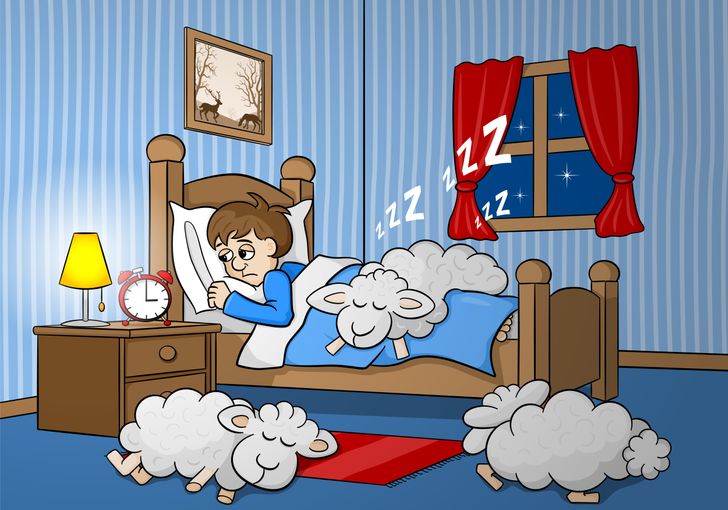
When your kidneys are not working properly, toxins cannot be eliminated from your body through urine and stay in your blood. Toxin levels are elevated, making it difficult to get to sleep. Because of this, getting less sleep increases your risk of renal function deterioration.
Warning: Sleep apnea is more likely in people with chronic kidney disease. When you sleep, you may experience one or more respiratory pauses due to the disorder known as sleep apnea. These gaps may last a few seconds or up to a minute. Normal breathing resumes with a loud snort after each break. When severe snoring occurs frequently, it is time to contact a doctor.
9. Headaches and exhaustion
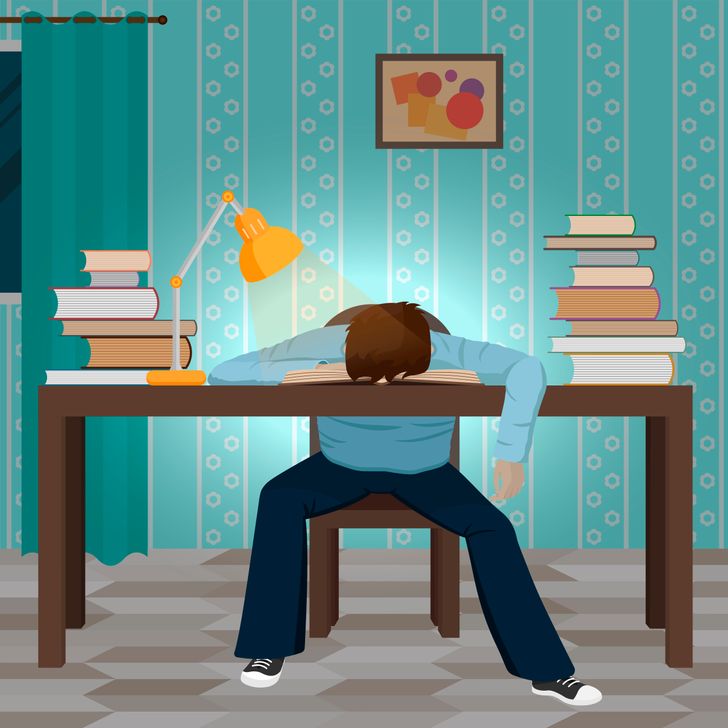
Our bodies’ ability to convert vitamin D into erythropoietin and other hormones depends on healthy, functioning kidneys (EPO). This hormone is crucial for the development of red blood cells. Lack of renal function results in decreased EPO production. Your muscles and brain quickly become exhausted as a result of the reduction in red blood cells, which carry oxygen.
Warning: Anemia is a typical symptom of chronic kidney disease. When a person has 20% to 50% of normal kidney function, anemia may begin to develop. You should see your doctor right away if you’re getting enough rest and sleep but still feel exhausted, low on energy, and in general weak.
8. Dry and itchy skin
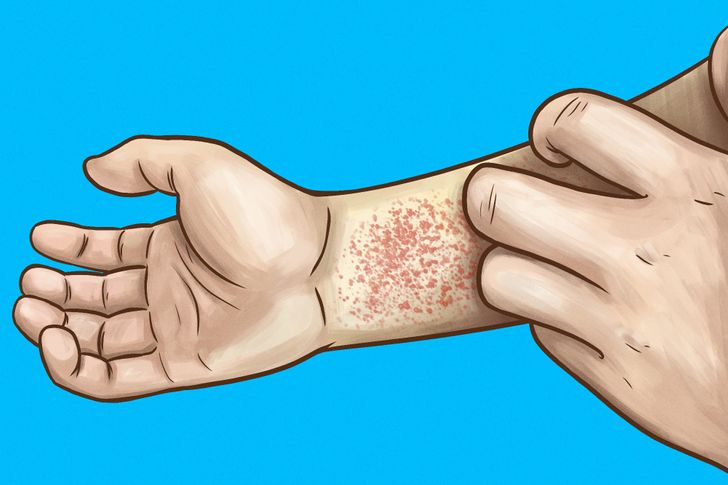
Healthy kidneys do incredible work by eliminating waste and surplus fluid from the circulation, helping generate red blood cells, and keeping the right amount of minerals in your body. Dry and itchy skin is an indication that the kidneys are not keeping the proper ratio of minerals and nutrients, which can lead to bone and renal problems.
Warning: Try to drink extra water if you have dry, itchy skin. As always, talk to your doctor before using any anti-itch medicine. The components in some drugs have the potential to further harm your kidney’s ability to operate.
7. Bad breath
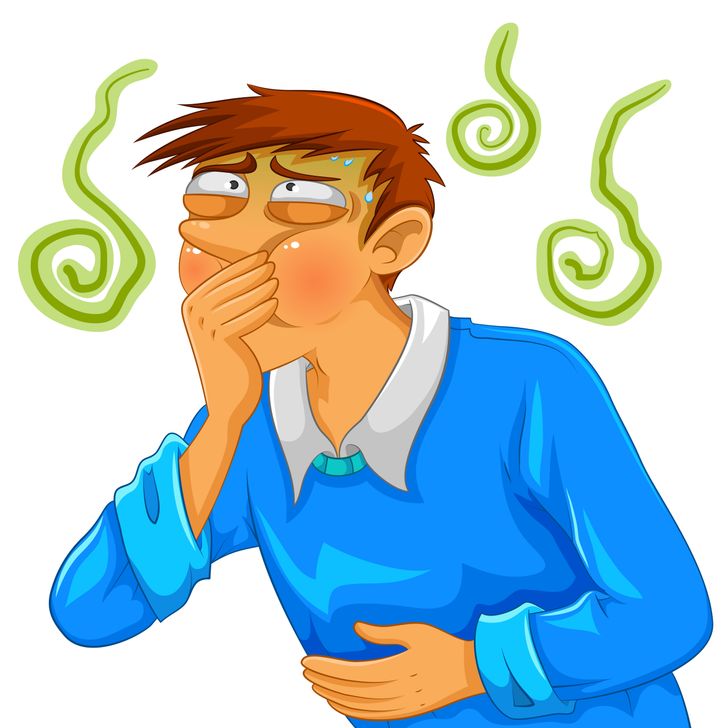
Food loses flavor and has a metallic aftertaste when waste accumulates in the blood. Another indication that the bloodstream is contaminated and contains too many toxins is having poor breath. Additionally, you can stop craving meat and lose your appetite altogether, which might result in an unhealthily rapid loss of weight.
Warning: There are numerous causes for food to taste metallic (from allergies to poor oral health). If the alleged reason has been addressed, the metallic taste in your tongue ought to normally go. You need to talk to your doctor if the taste persists.
6. Breathing issues
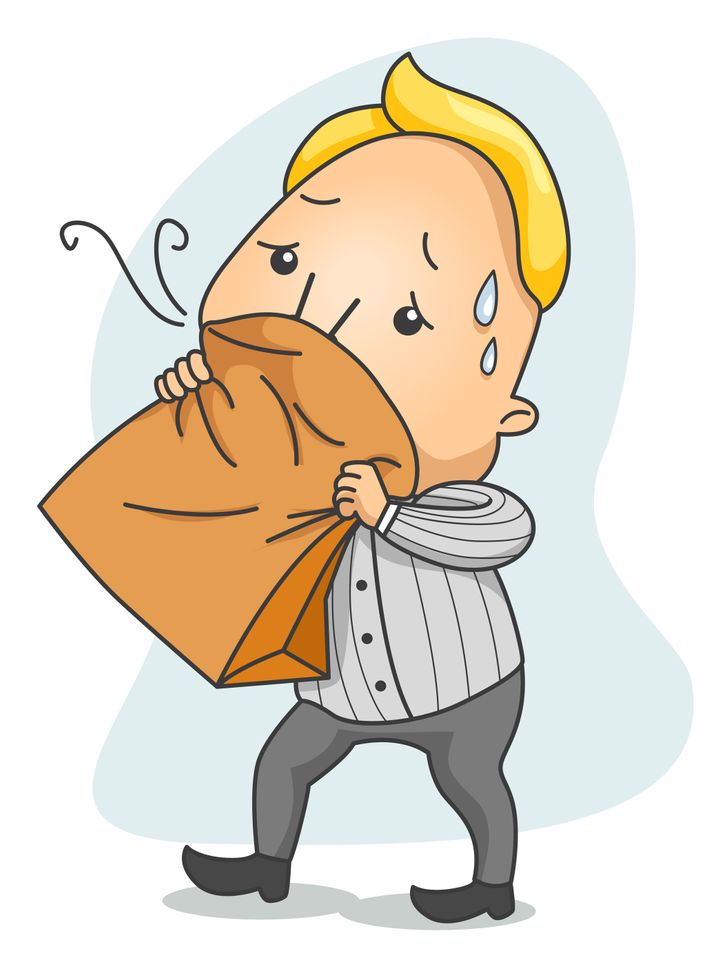
especially after minimal effort. First, when the kidneys are not working properly, extra fluid in the body flows into the lungs. Second, anemia deprives your body of oxygen, which causes breathlessness.
Warning: Breathing difficulties can be caused by a variety of conditions, including renal failure, asthma, lung cancer, and heart failure. You should see your doctor right away if you realize that you are frequently out of breath after exerting very little effort.
5. Swollen feet and hands
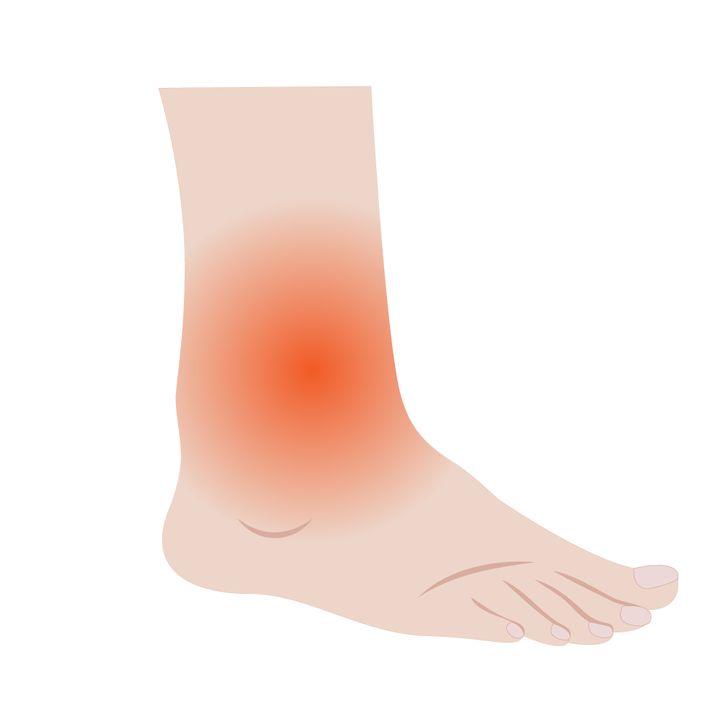
A malfunctioning kidney is unable to eliminate excess fluid from the body. This results in salt retention, which enlarges your hands, feet, and ankles. Lower body swelling may also be an indication of liver, heart, or leg vein issues.
Warning: In some cases, limiting salt intake, taking medicine, and getting rid of extra fluid from your body will reduce swelling. If it doesn’t work, you’ll need to receive more treatment.
4. Back aches
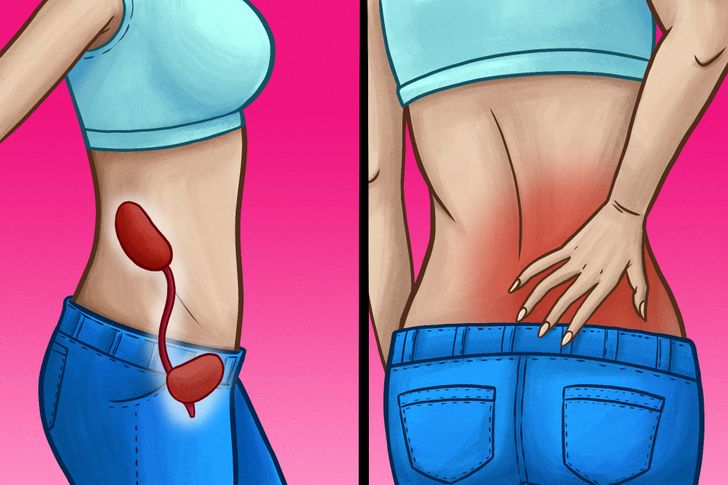
Back pain from kidney failure is frequently severe and felt directly below the ribs. It can be felt in the hip or front of the groin. Kidney cysts, which are huge fluid-filled sacs that develop on the kidneys as a result of polycystic kidney disease, can cause back and leg pain.
Tip: Kidney failure-related back discomfort is accompanied by nausea, vomiting, a high body temperature, and frequent urination. Normal back pain acts differently from back pain associated with the kidneys; it is more localized, strikes suddenly, and has no accompanying temperature. Make an appointment with your doctor if you experience back pain frequently and over-the-counter painkillers are unsuccessful.
3. Puffy eyes
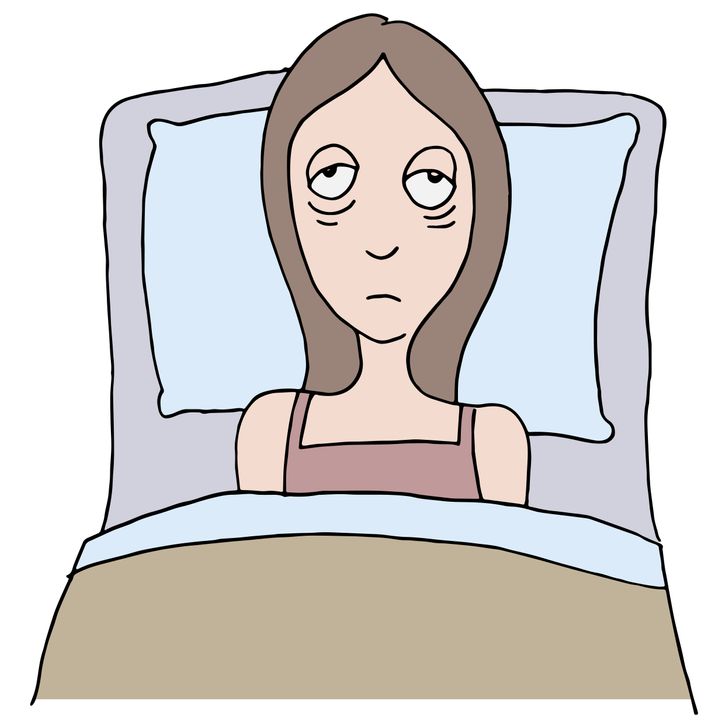
Protein in the urine, which can cause puffiness around the eyes, is a warning indication that your kidney’s filter mechanism is beginning to fail. Your kidneys are leaking a lot of protein into the urine rather than storing it and dispersing it throughout the body, which could account for the puffiness around your eye.
Tip: Make an appointment to visit your doctor if you’re confident that your body is getting enough protein and sleep but you still experience puffiness around your eyes.
2. High blood pressure
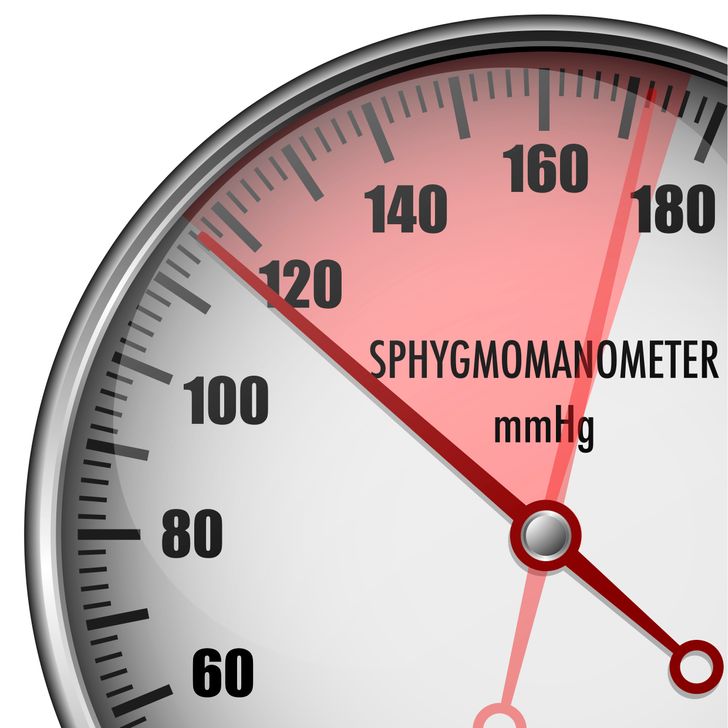
Your kidneys and circulatory system are interdependent. Small nephrons in the kidneys filter waste and excess fluid from the circulation. The nephrons that filter your blood do not obtain enough oxygen and nutrients if the blood arteries are compromised. Because of this, high blood pressure is the second most common factor in renal failure.
Tip: To prevent kidney failure, figure out how to control your excessive blood pressure. Add folic acid-rich foods to your diet to help prevent anemia since folic acid is involved in the synthesis of red blood cells.
1. Urination problems
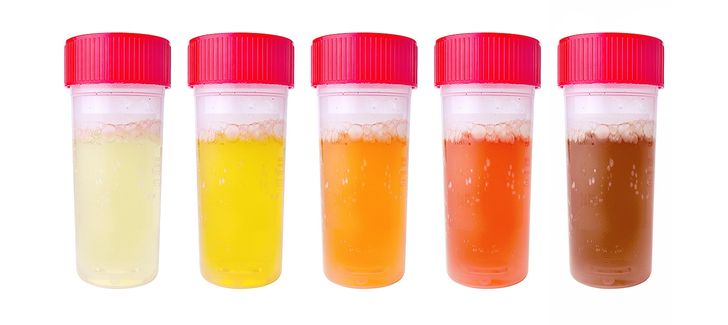
- Your kidneys are in charge of making urine and removing waste from your body through it. Urine changes in frequency, smell, color, or appearance should not be disregarded. Typical variations include:
- A greater desire to urinate, particularly at night. It is said to be normal to urinate anywhere from four to ten times per day.
- Finding blood in the urine. Urine is produced by healthy kidneys filtering waste from the blood, but if the filter is compromised, blood cells may start to “leak” into the urine.
- Urine that foams up. Unwanted protein is present in the urine if there are any bubbles in the urine, particularly if you have to flush multiple times to get rid of them.



